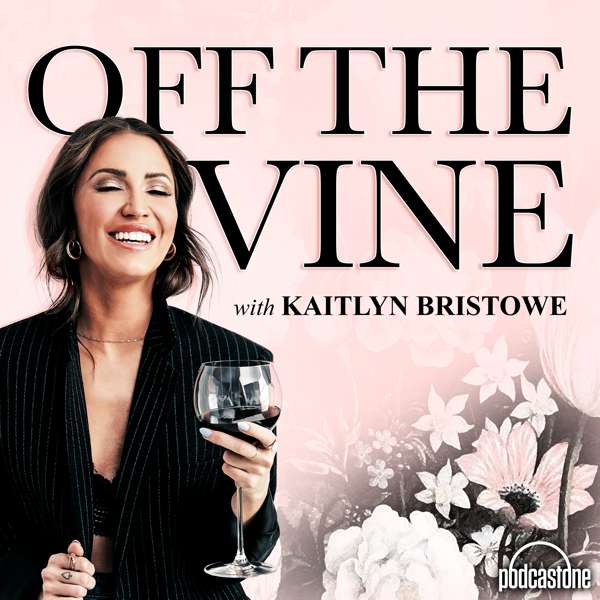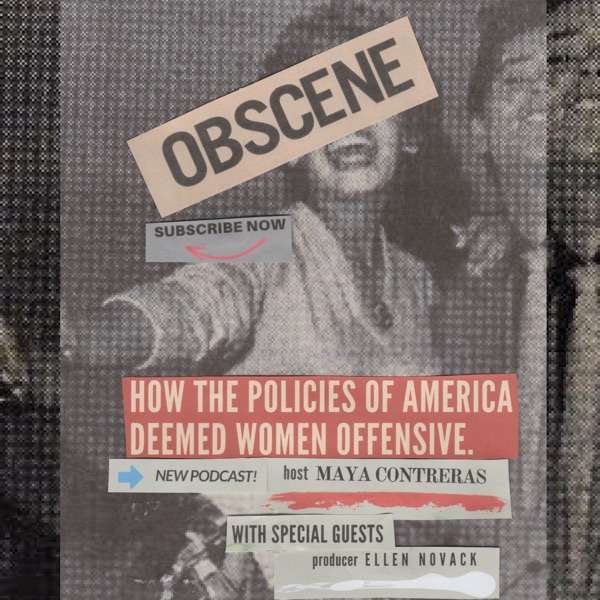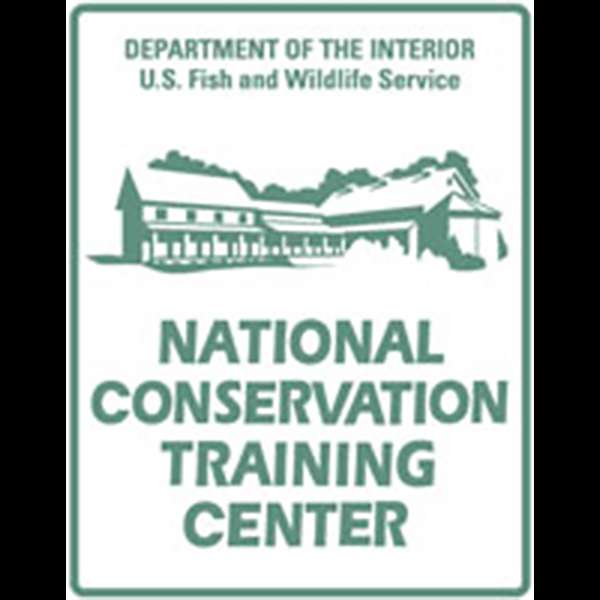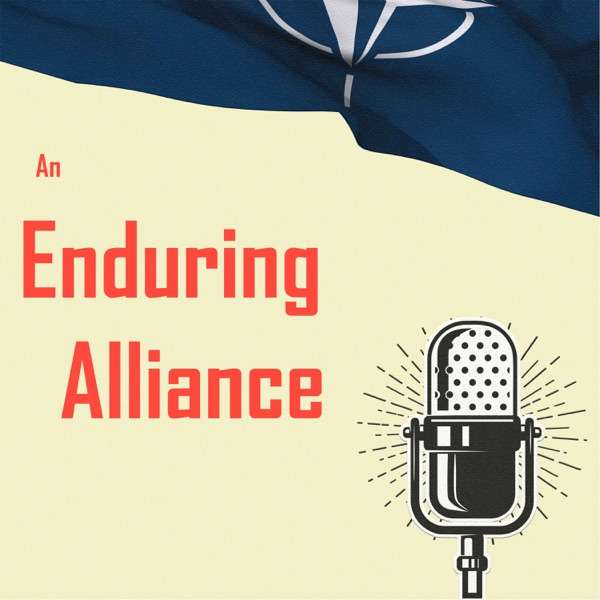Having close bonds with others is one of the most important things to our happiness. Host Dacher Keltner walks you through a practice you can do with someone else to create new bonds or strengthen old ones. Plus, hear some of his answers to these questions alongside his wife, Molly.
Link to episode transcript: https://tinyurl.com/5fchedsa
How to Do the 36 Questions for Increasing Closeness Practice:
Take a few deep breaths, and notice how you feel.
Identify someone with whom you’d like to become closer. Find a time where you both have about 45 minutes
Take 15 minutes answering the questions in Set I below. Each person should answer each question, but alternate who answers first. If you don’t finish the set in 15 minutes, move on to Set II.
Repeat the steps above for sets II and III.
Here’s a sample of the questions:
Set I
1. Given the choice of anyone in the world, whom would you want as a dinner guest?
2. Would you like to be famous? In what way?
3. Before making a telephone call, do you ever rehearse what you are going to say? Why?
4. What would constitute a “perfect” day for you?
8. Name three things you and your partner appear to have in common.
Set II
14. Is there something that you’ve dreamed of doing for a long time? Why haven’t you done it?
15. What is the greatest accomplishment of your life?
16. What do you value most in a friendship?
17. What is your most treasured memory?
18. What is your most terrible memory?
19. If you knew that in one year you would die suddenly, would you change anything about the way you are now living? Why?
20. What does friendship mean to you?
Set III
25. Make three true “we” statements each. For instance, “We are both in this room feeling…”
26. Complete this sentence: “I wish I had someone with whom I could share…”
28. Tell your partner what you like about them; be very honest this time, saying things that you might not say to someone you’ve just met.
29. Share with your partner an embarrassing moment in your life.
30. When did you last cry in front of another person? By yourself?
32. What, if anything, is too serious to be joked about?
Find the full 36 Questions for Increasing Closeness practice at our Greater Good in Action website: https://ggia.berkeley.edu/practice/36_questions_for_increasing_closeness
More resources from The Greater Good Science Center:
Can You Cultivate a More Secure Attachment Style? https://tinyurl.com/2p8ue7n6
Moments of Love and Connection May Help You Live Longer: https://tinyurl.com/3nyfbwwh
Listen to our Science of Happiness episode about this practice: https://pod.link/1340505607/episode/f2ca309e37d261b86223bb52eab3ab08
Today’s host:
Dacher Keltner is the host of The Science of Happiness podcast and a co-instructor of GGSC’s course by the same name. He’s also the founding director of The Greater Good Science Center and a professor of psychology at UC Berkeley.
Tell us about your experience asking these 36 questions by emailing us at happinesspod@berkeley.edu or using the hashtag #happinesspod.
Find us on Amazon Music: https://tinyurl.com/28hcdfsd
Help us share Happiness Break!
Leave us a 5-star review and copy and share this link: pod.link/1340505607
We're living through a mental health crisis. Between the stress, anxiety, depression, loneliness, burnout — we all could use a break to feel better. That's where Happiness Break comes in. In each biweekly podcast episode, instructors guide you through research-backed practices and meditations that you can do in real-time. These relaxing and uplifting practices have been shown in a lab to help you cultivate calm, compassion, connection, mindfulness, and more — what the latest science says will directly support your well-being. All in less than ten minutes. A little break in your day.

 Our TOPPODCAST Picks
Our TOPPODCAST Picks  Stay Connected
Stay Connected







